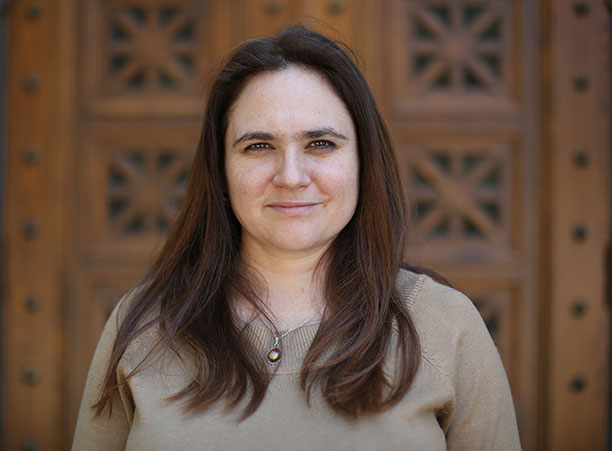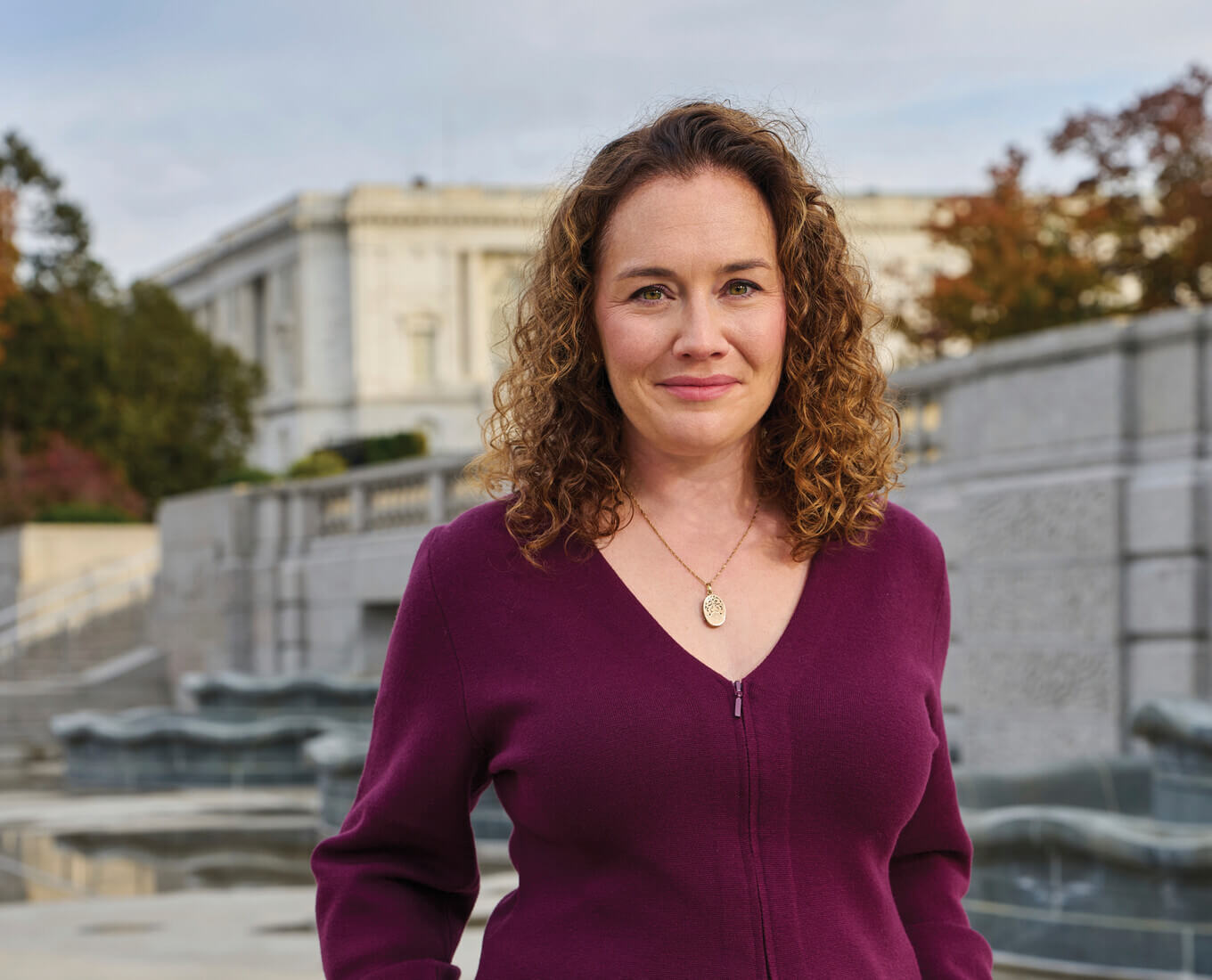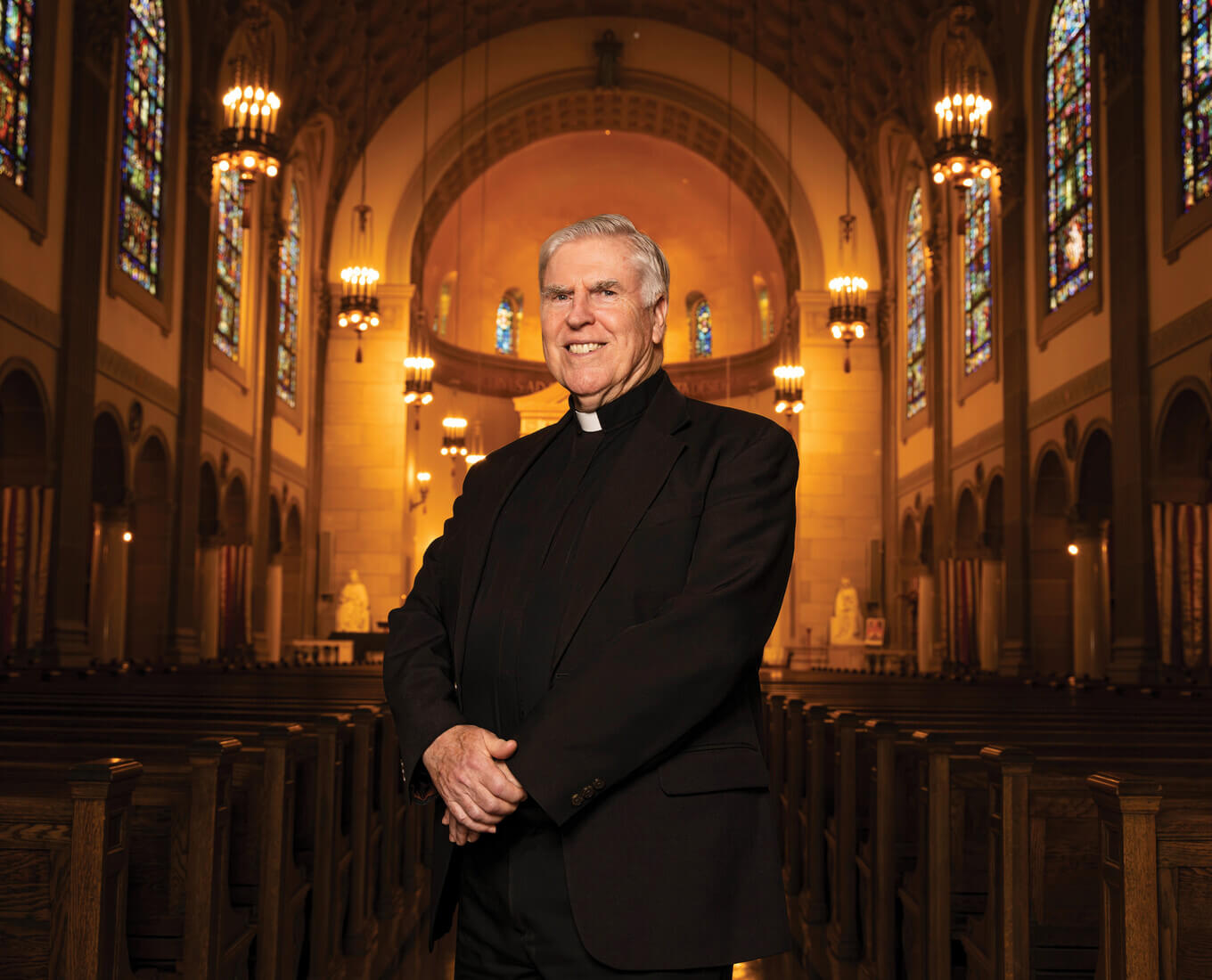
In a recent article in Times of India, Selina Gallo-Cruz, assistant professor of sociology and anthropology at the College of the Holy Cross, commented on the implication of India and Pakistan excluding artists and performers from their respective countries.
As a researcher in nonviolent social change, Gallo-Cruz cited how women discovered ways to “come together, listen and talk” to one another in order to build resistance during the Israel-Palestine unrest. According to the article, she mentioned the importance of peaceful resolution for allies. “Art is the most intimate form of social life and human experience,” she said. “It takes a lot to build communities at the border. And while it's important to contemplate the depth of human suffering, to ban all artistes from a country are knee-jerk reactions that categorize a whole nation or a group of people as culpable for terror.”
Read the full article on Times of India.
This “Holy Cross in the News” item by Kelsey Littlefield ’17.
Holy Cross Professor Provides Perspective on Art Ban in India and Pakistan
Times of India
Read Time
1 Minute

